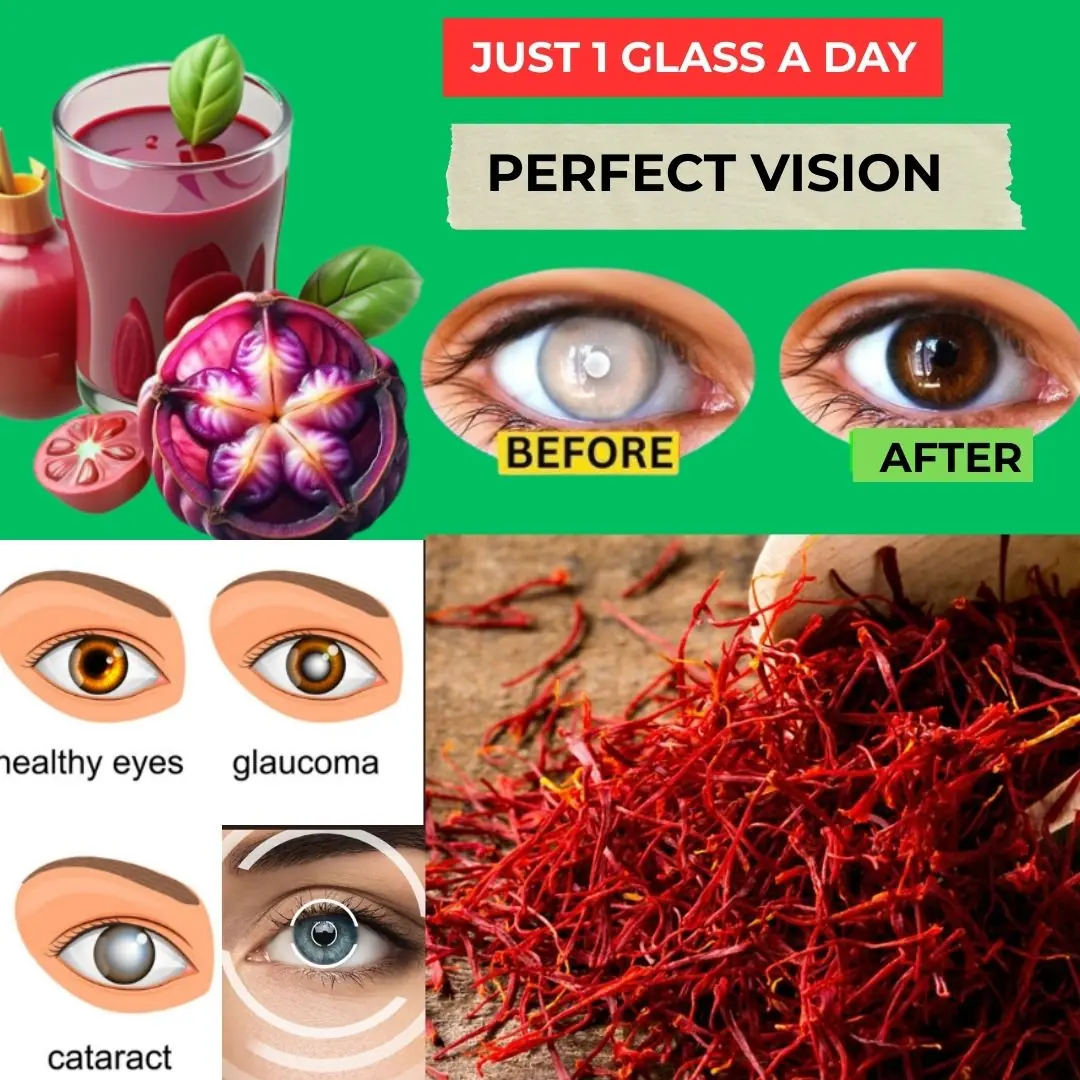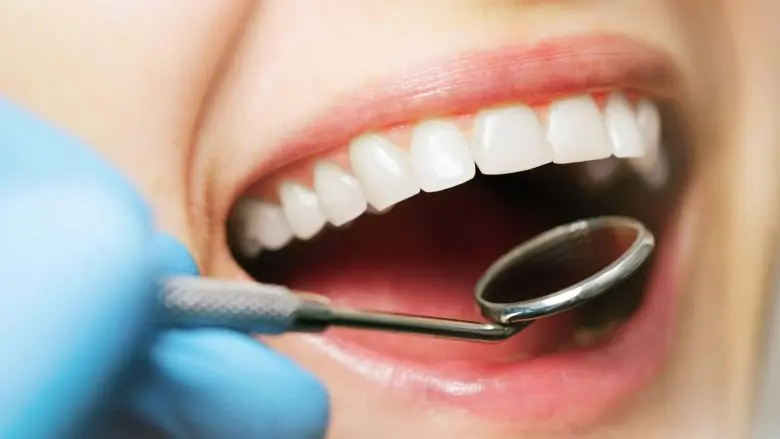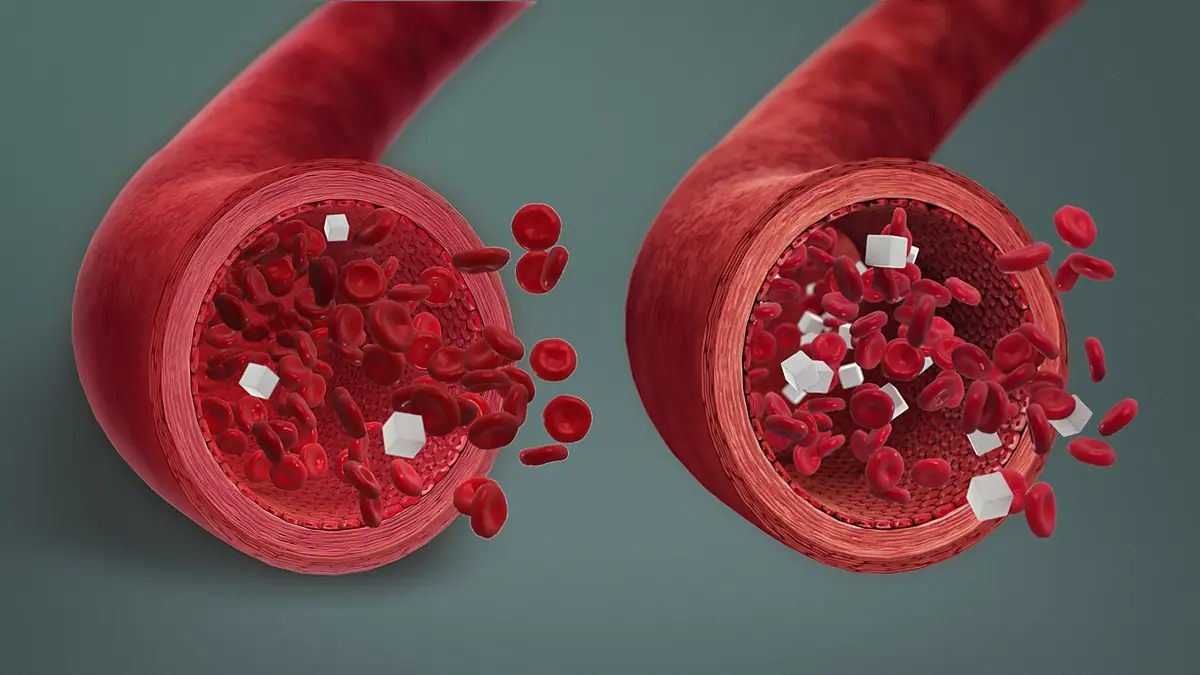
Diet and Uric Acid: Foods to Avoid for Gout Prevention
Gout is a painful and often debilitating form of arthritis that occurs when uric acid builds up in the blood, forming sharp crystals in the joints. The most commonly affected areas include the big toe, ankles, knees, and elbows. While genetics and certain health conditions play a role in developing gout, diet is a major contributor—particularly the consumption of foods high in purines, which break down into uric acid in the body. By managing your diet wisely, you can help lower uric acid levels and prevent painful gout attacks.
What Is Uric Acid?
Uric acid is a natural waste product formed when the body breaks down substances called purines. Purines are found in many foods, particularly in red meat, seafood, and alcoholic beverages. Normally, uric acid is dissolved in the blood, filtered by the kidneys, and excreted through urine. However, when the body produces too much uric acid or the kidneys do not excrete enough, uric acid builds up and can crystallize in the joints—causing inflammation, swelling, and intense pain.
Foods to Avoid for Gout Prevention
To reduce uric acid levels and prevent gout, it’s important to limit or avoid certain high-purine foods and beverages. Here are the main culprits:
1. Red Meat and Organ Meats
Beef, pork, and lamb contain moderate to high levels of purines. Organ meats like liver, kidneys, and sweetbreads are particularly high and should be avoided altogether if you are prone to gout.
2. Seafood
Some types of seafood are especially high in purines. These include:
-
Anchovies
-
Sardines
-
Mussels
-
Scallops
-
Trout
-
Tuna
-
Mackerel
While seafood contains beneficial omega-3 fatty acids, it’s best to limit intake if you have gout.
3. Alcohol
Alcohol, particularly beer and spirits, interferes with the body's ability to remove uric acid and may increase its production. Beer is especially problematic because it contains both alcohol and purines from brewer’s yeast.
4. Sugary Beverages and Foods
Fructose—the sugar found in sweetened drinks like soda and fruit juices—can increase uric acid levels. Processed foods high in sugar, such as pastries, candies, and sweetened cereals, should also be avoided or consumed sparingly.
What to Eat Instead
A gout-friendly diet includes low-purine foods and those that help flush out uric acid:
-
Fruits and vegetables: Especially cherries, berries, and citrus fruits, which may reduce inflammation and uric acid.
-
Whole grains: Brown rice, oats, and whole wheat are good choices.
-
Low-fat dairy: Milk and yogurt can lower uric acid levels.
-
Water: Staying well-hydrated helps your kidneys excrete uric acid more efficiently.
-
Plant-based proteins: Beans, lentils, and tofu are healthy alternatives to red meat.
Lifestyle Tips for Gout Prevention
In addition to dietary changes, lifestyle adjustments can further help prevent gout:
-
Maintain a healthy weight: Obesity increases uric acid production.
-
Exercise regularly: Physical activity improves circulation and supports kidney function.
-
Limit stress: Stress can trigger inflammation and flare-ups.
Conclusion
Gout is a painful condition that can be managed and even prevented with the right dietary and lifestyle habits. By avoiding high-purine foods like red meat, seafood, alcohol, and sugary drinks—and replacing them with healthier alternatives—you can control your uric acid levels and reduce the frequency and severity of gout attacks. Consistency is key. A balanced, low-purine diet not only supports joint health but also contributes to overall wellness and a better quality of life.
News in the same category


This Is What Happens To Your Body When You Smoke Weed And Work Out

The Hidden Meaning Behind Wearing an Ankle Bracelet—Most People Have No Idea

Scientists Have Discovered An Alarming Rise in Advanced Prostate Cancer in California

How to Safely Remove Milia

Natural Methods to Destroy Bloating and Heartburn-Causing Bacteria in Your Gut

Doctor warns of the worrying symptoms that mean common disorder could actually be bowel cancer

15 Early Signs Your Body is Fighting Cancer

common morning habits that may increase your risk of stroke

New COVID Wave Surges — Health Officials Sound Alarm As Cases Double

How to Improve Your Vision Naturally with One Simple Ingredient: Saffron

How to STOP Cravings FAST Without Dieting! (The Natural Ozempic?)

Doctors make disturbing discovery in the brains of heavy alcohol drinkers that 'can cause long-term effects'

World-first sperm race is happening soon and the creators have revealed how it will work

Scientists Grow First Fully Formed Tooth In Lab — A Groundbreaking Breakthrough

New COVID Wave Surges — Health Officials Sound Alarm As Cases Double

10 Things That Men May Find Unattractive About Women Over 50

8 Signs You Might Be Affected by Lactose Intolerance

Understanding Diabetes: Types, Symptoms, Risks, and How to Manage It
News Post

Ginger Tea: A Natural Alternative to Aspirin in Preventing Blood Clots

The Best Benefits of Combining Coffee and Garlic: A Powerful Duo for Health

12 Ways Your Feet Are Warning You About Your Liver!

This Is What Happens To Your Body When You Smoke Weed And Work Out

My Husband Took His Female Colleague to My Inherited Lake House for 'Business Trips' — But He Had No Idea I’d Already Installed Cameras

MIL Billed Me $3,360 for Babysitting Her Own Grandson — Here's How I Settled the Score

I Was Forced to Pay Rent to My Future MIL Just to Stay in Her House and Keep My Relationship Alive

Our Sassy Neighbor Threw a Party in Our Backyard, Demanding We Stay at Home, but We Had the Last Laugh

The Hidden Meaning Behind Wearing an Ankle Bracelet—Most People Have No Idea

My Husband Called Me Lazy for Wanting to Quit My Job While 7 Months Pregnant – So I Taught Him a Lesson He'll Never Forget

After Their Son's Death, This Elderly Couple Stopped Cooking & Spent 20 Years Sharing Meals with Neighbors — Until One Neighbor's Rejection Broke Their Hearts

Husband Gifted Me a Mop on Our 10th Anniversary as His Sister Laughed – Moments Later, Karma Restored My Faith in Goodness

AM I WRONG FOR BEING UPSET THAT MY 71-YEAR-OLD MOM, ELEANOR, SPENT HER MONEY ON TRAVELING INSTEAD OF HELPING ME, SOPHIA, WITH MY BILLS?

My Husband Bought First Class Tickets for Himself and His Mom Leaving Me and the Kids in Economy - My Lesson to Him Was Harsh

My MIL Thought I Was Not Beautiful Enough for Her Son, So I Entered a Beauty Contest to Win the Crown

Scientists Have Discovered An Alarming Rise in Advanced Prostate Cancer in California

How to Safely Remove Milia

Natural Methods to Destroy Bloating and Heartburn-Causing Bacteria in Your Gut
